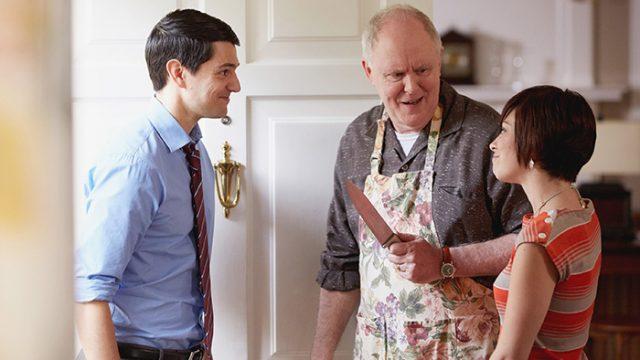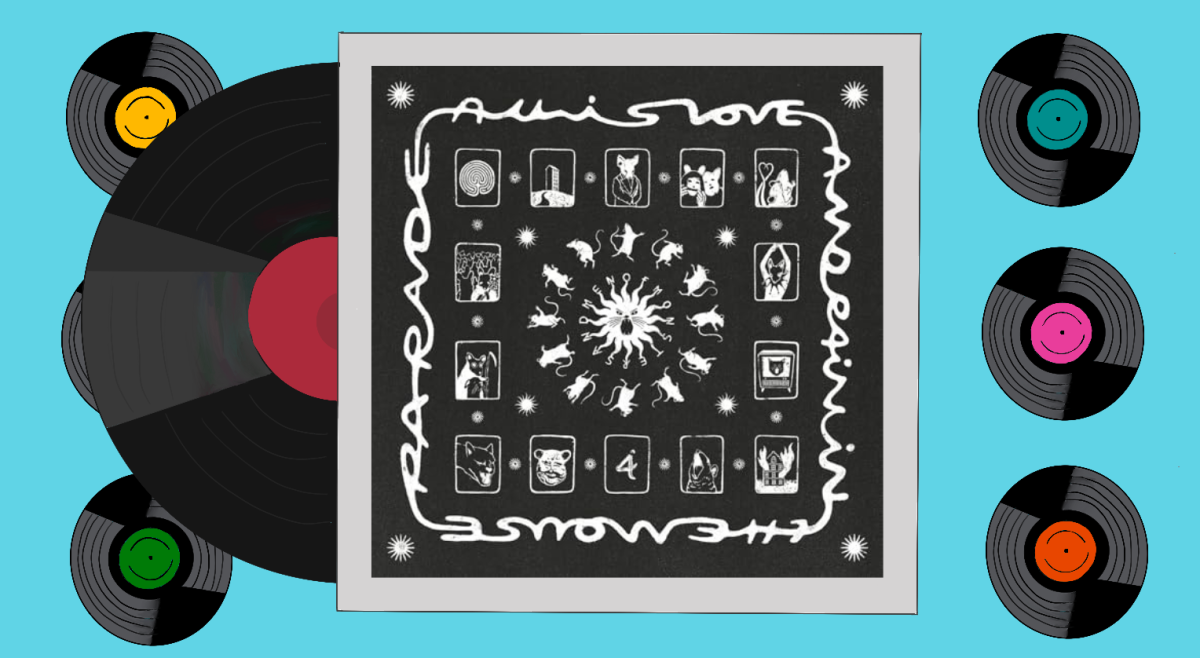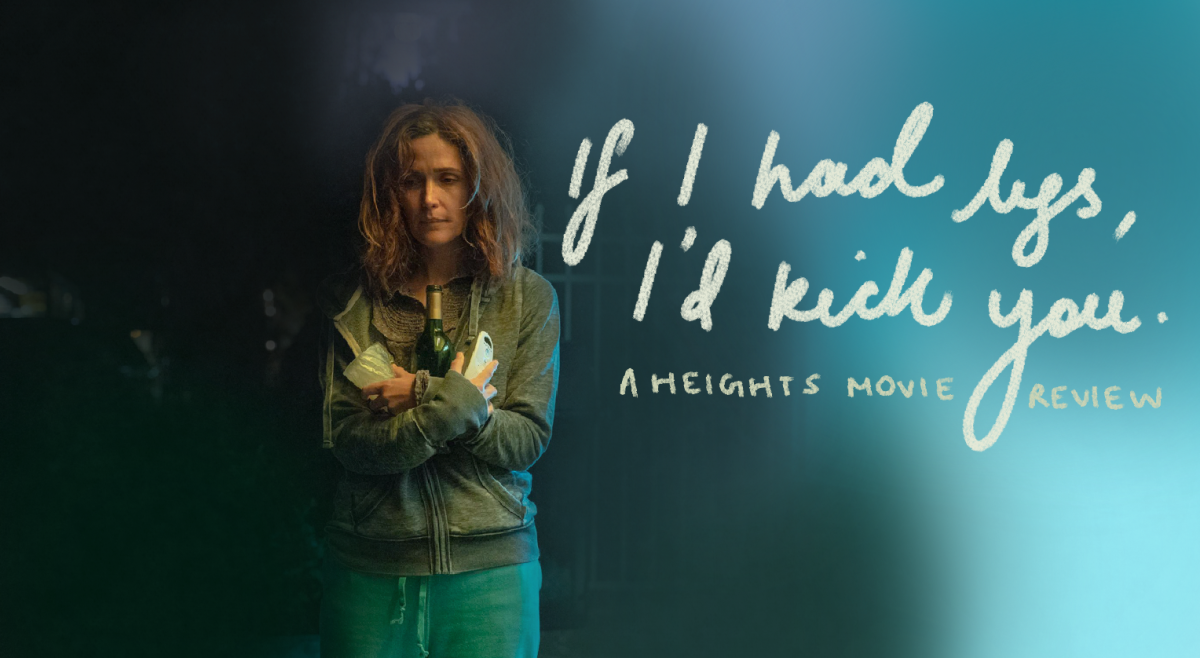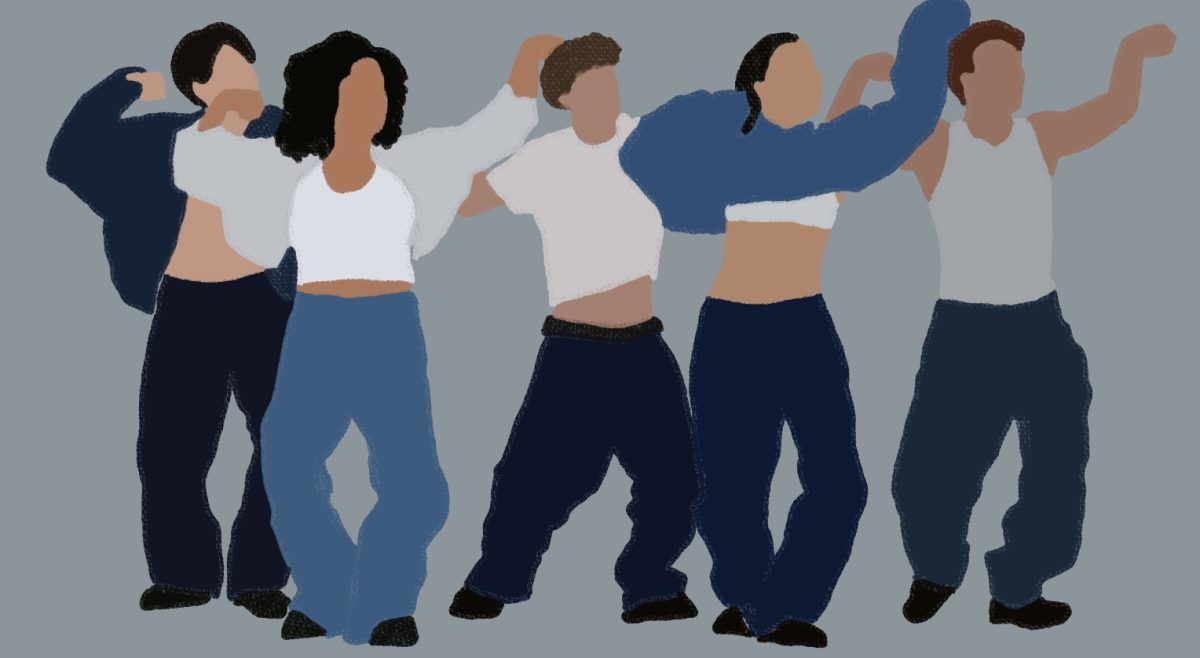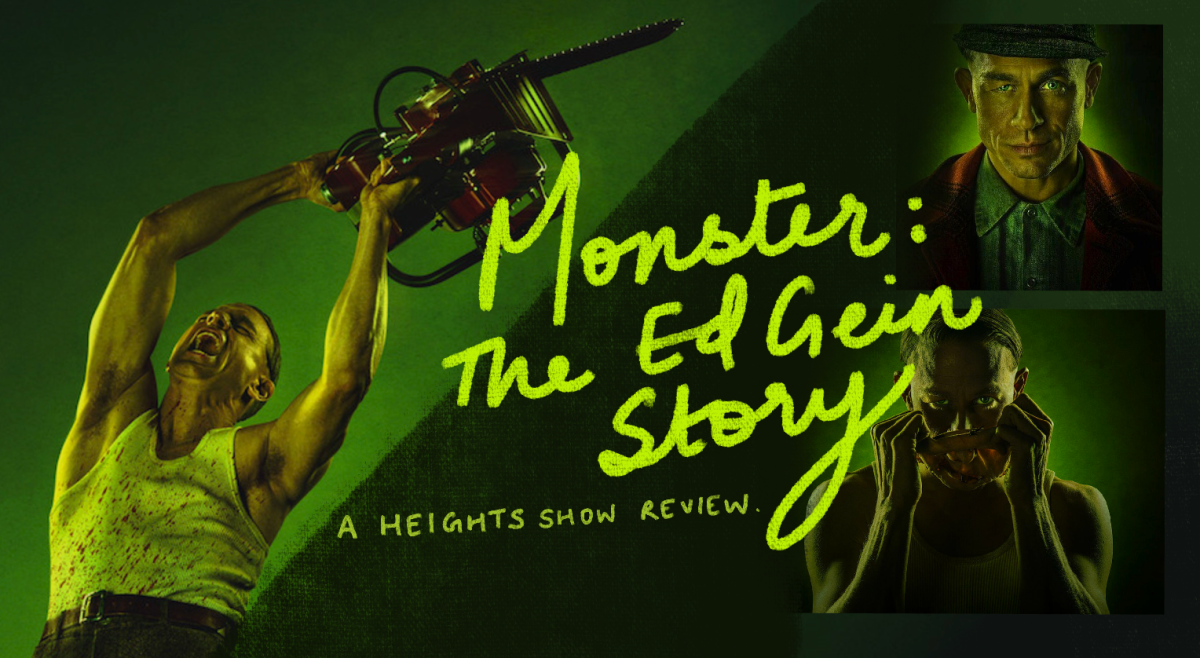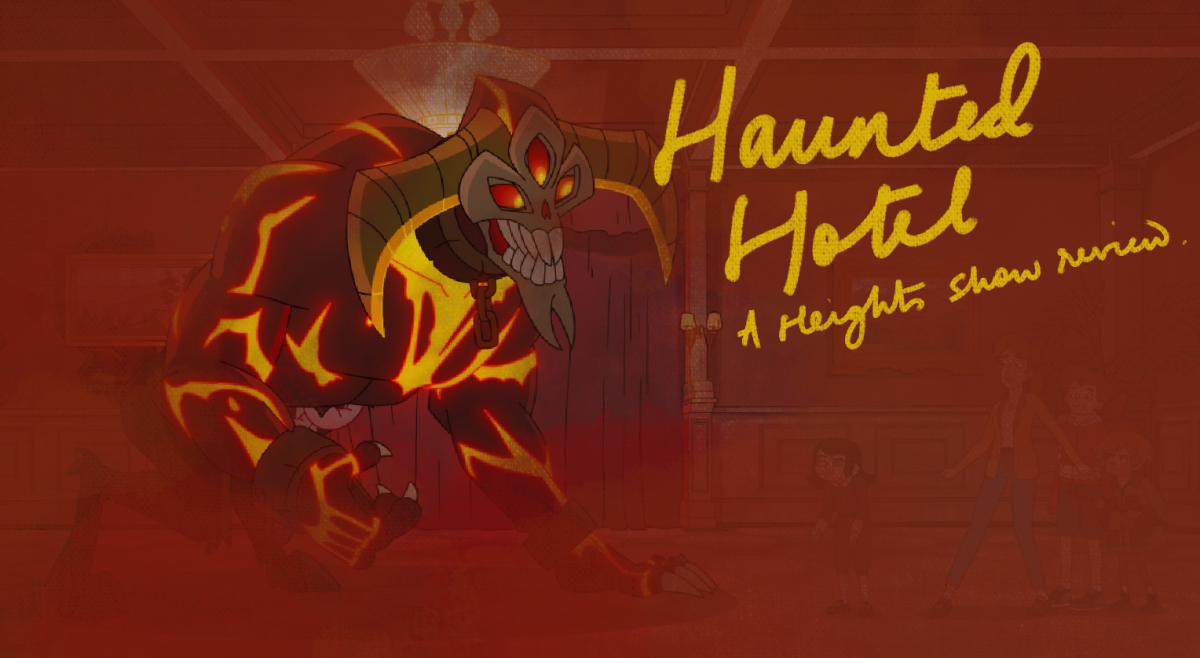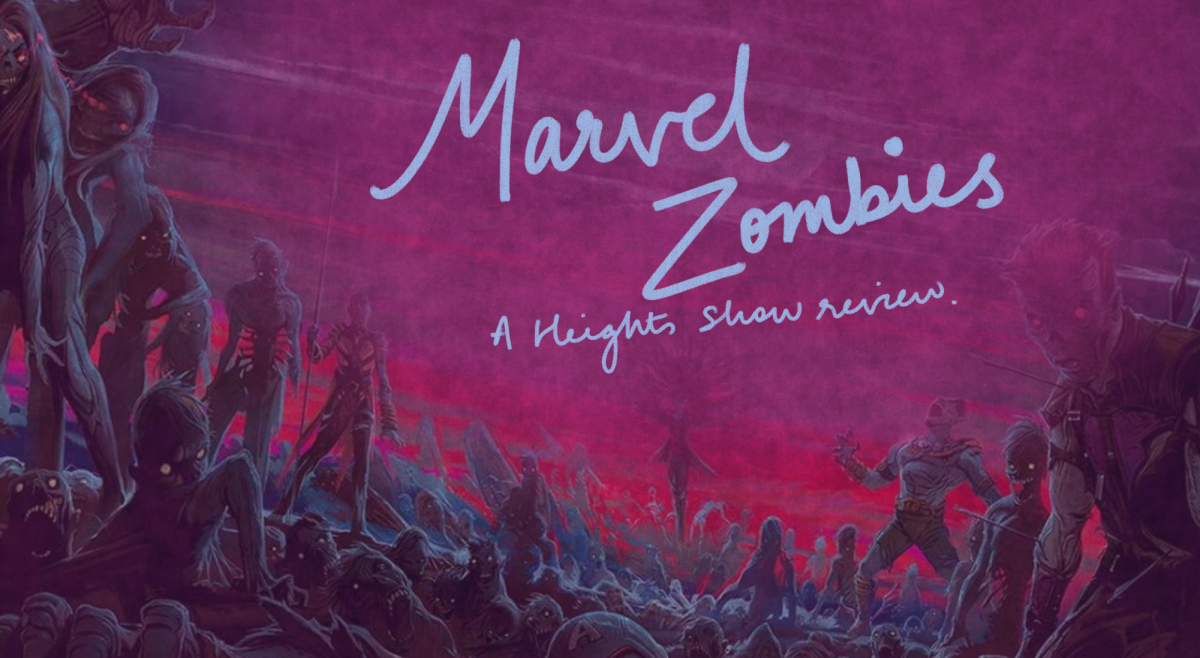
For viewers that are fans of the comic mockumentary genre, NBC’s new television show, Trial and Error, is sure to please. By taking aspects of crime drama and reimagining them through an absurdist comedic presentation, the show develops an amusing tone that will have viewers coming back to the show every week to see just what kind of unbelievable spectacle has transpired next. Starting in an office filled with a taxidermist and all his stuffed wild animal friends, the amusing unraveling of a murder trial on the part of incompetence of everyone involved in the case provides an overall worthwhile show.
The show opens on a murder investigation into Larry Henderson (John Lithgow), a “kooky” but likeable man that has been accused of throwing his wife, Margaret, through his patio window. Hailing from New York, defense attorney Josh Segal (Nick D’Agosto) is tasked with keeping Larry off of death row, which proves to be a tall order in the face of a virtually unwinnable case. But with the help of Dwayne Reed (Steven Boyer), an accident-prone investigator, and Anne Flatch (Sherri Shepherd), a researcher with a slew of socially inconvenient disorders, Larry’s unwinnable case starts to look that much more hopeless. Paired with an unhinged, cunning assistant district attorney, Carol Anne Keene (Jayma Mays) out for blood in hopes of getting a promotion, and Jeremiah (Bob Gunton), Margaret’s cigarette executive brother bent on antagonizing Larry through putting tulips on Margaret’s grave instead of calla lilies, the goofy quality of the show takes center stage.
One striking quality of the show is that it relies on absurd and outrageous characters and events to develop its wry sense of humor. From the beginning, the viewer is given a serious situation with a murder trial, but the show’s small-town setting, complete with socially unacceptable laws of the past and quirky characters, deflates the gravity of the situation. The effect leaves the viewer in awe of the delightful unreality of the East Peck County court system, and appeals to everyone’s cynical streak by giving them permission to laugh at events that would be considered grave in the real world.
https://www.youtube.com/watch?v=9uqELtCtOUY
Take, for example, the character of Anne. Immediately, the viewer is confused when she doesn’t recognize Josh, someone she met not 45 seconds prior to this exchange. She then explains that she has face blindness, a disorder where people cannot recognize or remember faces. In the real world, this admission would elicit sentiments of understanding from anyone that heard it, but in East Peck, it’s a hilarious mechanic through which to inject unbelievable jokes into the plot. Another one of Anne’s disorders includes involuntary emotional expression disorder, where she is prone to inappropriate fits of emotion, usually in the form of cackling at terrible events. If there’s a funeral or a dead body, Anne will be laughing at it ruthlessly, in much the same manner the viewer wants to, but feels restrained from doing.
In fact, every character seems to have their own bank of ridiculous afflictions that the show draws upon in just the right moment. Dwayne can mostly just come up with interpretations of the case that make Larry look guilty, and his knack for getting tased by his brash former boss, Detective Hiss, proves to amplify the clown nature of his character.
Larry is portrayed as a mildly insane fool, which is only exacerbated by his focusing on trivial details that make him seem callous in the face of terrible tragedy. When he reports his wife’s murder, he gripes about the cable company not showing up at his house when he wanted, and appears to be unaffected by his wife’s bloody corpse. When an incriminating poem he wrote is read on the local news by Carol Anne, he is less concerned with how it makes him look completely guilty of murder and more concerned with whether anyone commented on the meter or quality of the poem itself. And who can forget his objection in court that he was rollerskating at the time of his wife’s murder? No, Larry was actually “rollercising,” which apparently requires a lot more grace and emotional expression than regular rollerskating, and made Larry’s priorities look again a bit skewed.
Nevertheless, all of the characters foster a sense of lovable absurdity to the town and the events of the show, and Trial and Error seems to be on a promising start toward establishing itself as a prolific program.
Featured Image By Warner Bros. Television

